Binance’s CZ says Europe’s MiCA framework could be a global standard
During Binance Blockchain Week in Paris, CZ said that the proposed regulatory guidelines in MiCA were "fantastic" and could become a global standard

Binance CEO Changpeng Zhao said that Europe’s Market in Crypto Assets (MiCA) regulatory framework could become a global standard.
Under the proposed MiCA regulation, crypto companies need to apply for only one license to operate across 27 blocs of the European Union.
CZ, however, added that MiCA was a little bit strict by restricting access to dollar-backed stablecoins.
“The drafts are not adopting USD-based stablecoins which have 75% of the liquidity in the market.
Given that dollar-backed stablecoins are the major source of liquidity for the global crypto market, limiting its access in the EU could potentially limit investors from accessing deep liquidity to execute their transactions.
CZ commended the role of the France Ministry of Technology in drafting the MiCA regulation and expressed optimism about the future of crypto in France.

Paris is “probably… the financial hub of crypto in Europe and a larger part of the world.”
The Binance CEO also hinted at expanding the Binance team in Paris by a “hundred more” owing to the country’s friendly employment and tax laws.
Europe’s MiCA regulation
On June 30, 2022, EU lawmakers agreed to adopt the Market in crypto-assets (MiCA) regulation as a framework to regulate stablecoins and crypto asset providers.
According to the proposals, stablecoins like the e-money.com European Stablecoins must be backed 1:1 by reserves that are “fully protected in case of insolvency.” Consequently, algorithmic stablecoins like UST are not allowed in the EU.
The proposal also placed limitations on stablecoin issuance and trade limits. Stablecoins with over 10 million users or 5 billion euros worth of circulating supply will be regulated by the European Banking Authority (EBA). MiCA also capped the daily trading volume of stablecoins at 200 million euros.
As a result, dollar-backed stablecoins such as Tether (USDT) and USD Coin (USDC) with daily trading volumes of 48.13 billion euros and 5.4 billion euros, respectively, will be subject to the EBA’s regulation.
The value of the euro-based stablecoin economy has swelled by 1,683% since the first month of 2020. Tether’s euro-pegged stablecoin is the largest of them all, with $400 million worth of EURT in circulation today.
While the stablecoin economy is worth roughly $150 billion today, euro-backed stablecoin issuance has increased 1,683% from $31.9 million worth of euro-based tokens on January 3, 2020, to today’s $569 million.

Circle who owns and operates USD Coin, the second-most-popular stablecoin in the industry with a market value of more than $54 billion announced the launch of the EUROC, a fully regulated, 1:1 Pegged 'full-reserve model’ euro-backed stablecoin joining a short list of euro-backed stablecoins including the Tether's EURt, Stasis EURS and e-money.com's existing suite of 100% Collateralised European Stablecoins (EEUR, ECHF, ENOK, ESEK, EDKK).
Crypto-asset service providers are required to register with the European Securities and Market Authority (ESMA) and EBA. A single license from the regulators will allow the crypto exchanges to operate across the European Union.
Disclaimer:
GlobalStablecoins.com is an informational website that provides news about coins, blockchain companies, blockchain products and blockchain events. Don’t take it as investment advice. Speak to an advisor before you risk investing in an ICO, Cryptocurrencies, Cryptoassets, Security Tokens, Utility Tokens, Exchange Tokens, Global Stablecoins, Stablecoins or eMoney Tokens. GlobalStablecoins.com is not accountable, directly or indirectly, for any damage or loss incurred, alleged or otherwise, in connection to the use or reliance of any content you read on the site.
Affiliate Disclosure / Sponsored Posts:
If a Sponsored Post contains any mention of a crypto project, we encourage our readers to conduct diligence prior to taking further action. GlobalStablecoins.com does not recommend that any cryptocurrency should be bought, sold, or held by you. Do conduct your own due diligence and consult your financial advisor before making any investment decisions.
GlobalStablecoins.com may receive compensation for affiliate links. Should you perform activities in relation to an affiliate link, it is understood that some form of compensation might be made to GlobalStablecoins.com. For example, if you click on an affiliate link, and sign up and trade on an exchange, GlobalStablecoins.com may receive compensation.
Before you invest in Cryptoassets you should be aware of the following,
Cryptoassets are considered very high risk, speculative investments.
If you invest in Cryptoassets you should be prepared to lose all your money.
All Sponsored Posts are paid for by crypto projects, coin foundations, advertising firms, PR firms, or other marketing agencies. GlobalStablecoins.com is not a subsidiary of any marketing agency, nor are we owned by any crypto or blockchain foundation.
The purpose of offering Sponsored Posts to our advertisers is to help fund the day-to-day business operations at GlobalStablecoins.com.
If you come across a Sponsored Post which you believe is fraudulent and/or “scammy,” please contact us and we will perform an immediate investigation.
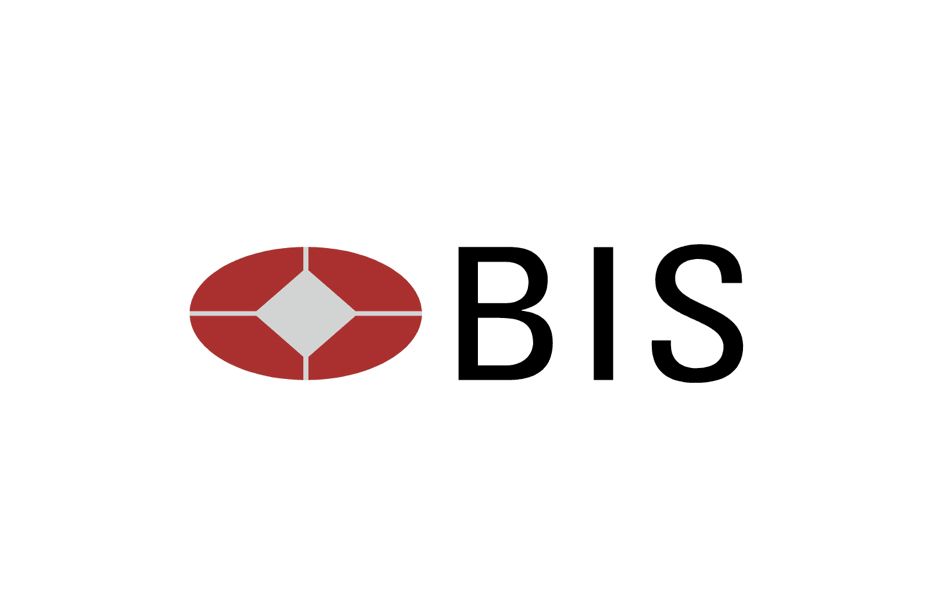
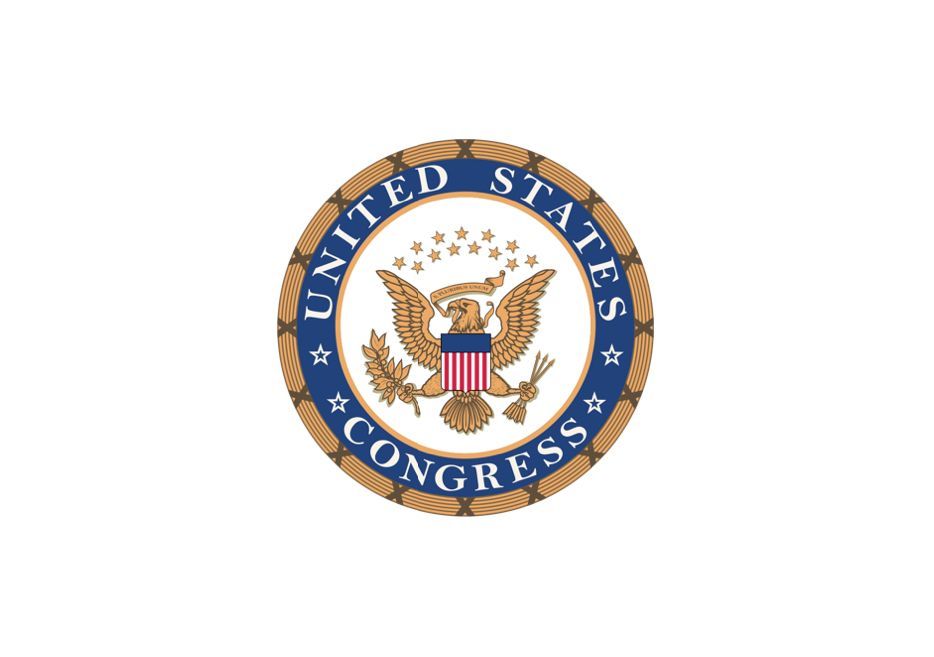

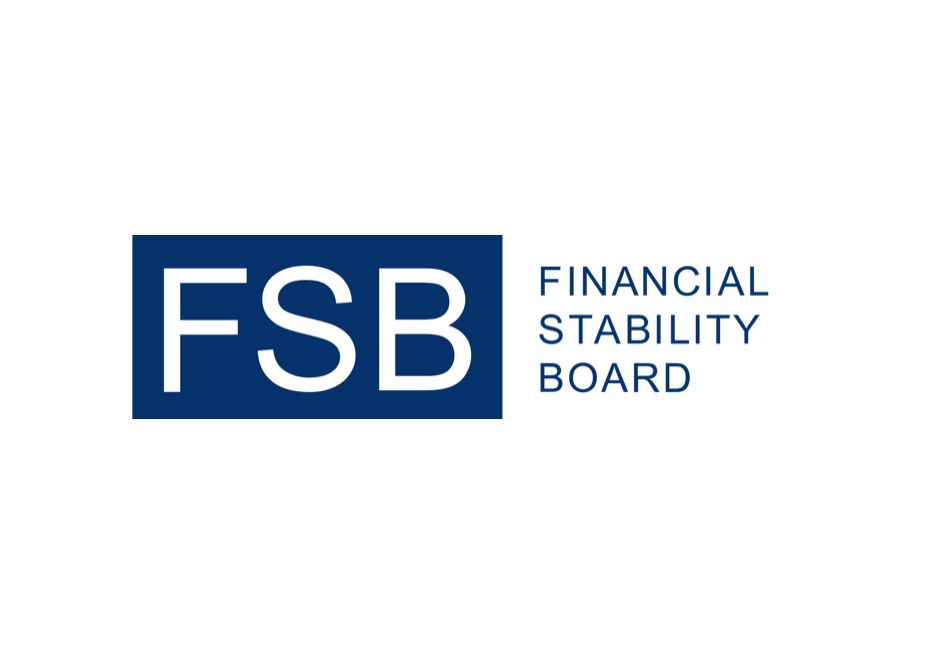
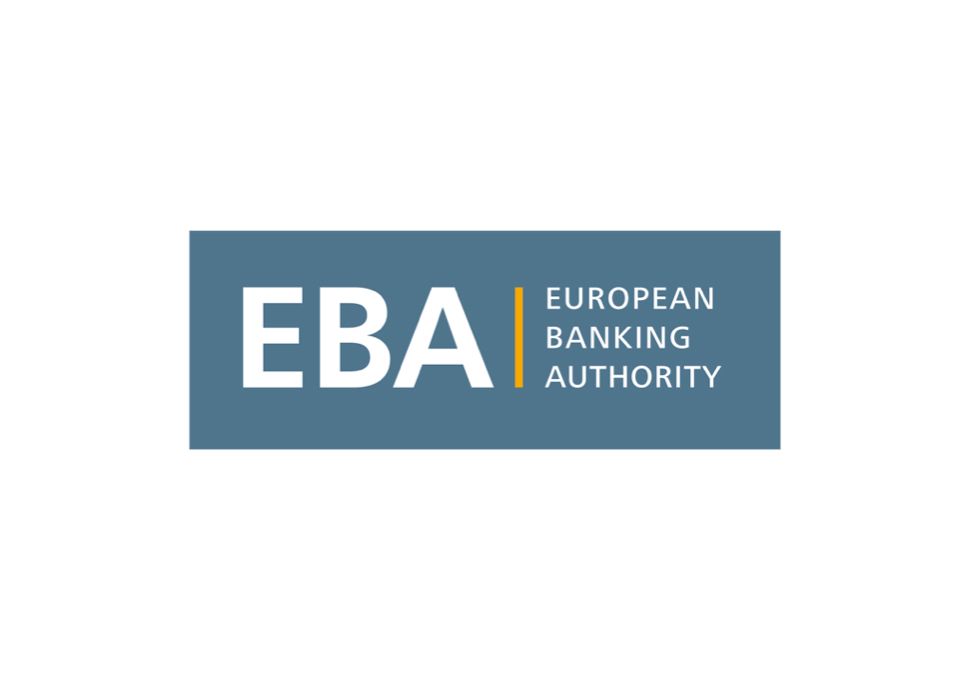

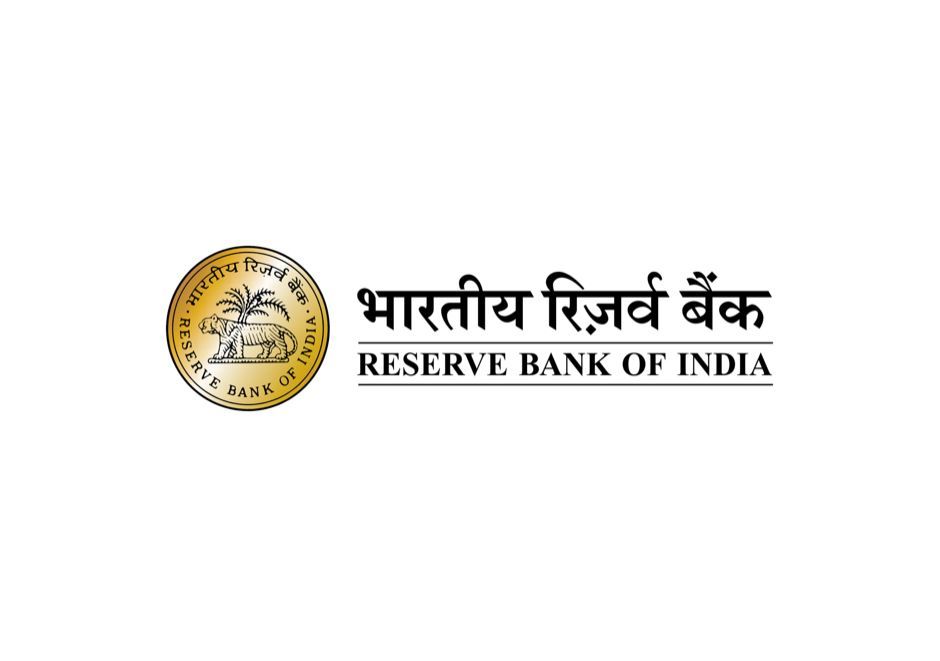
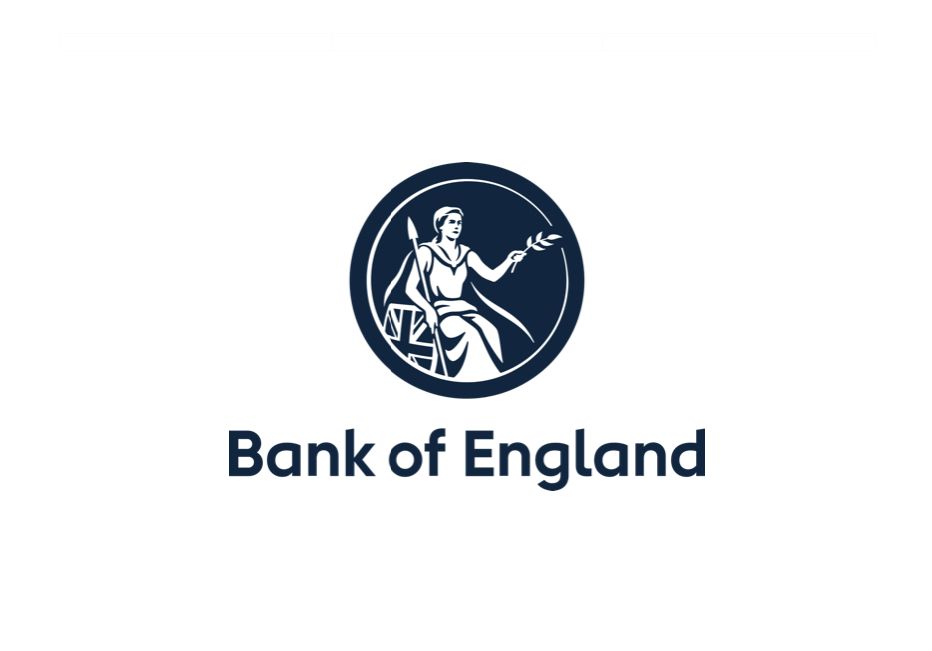
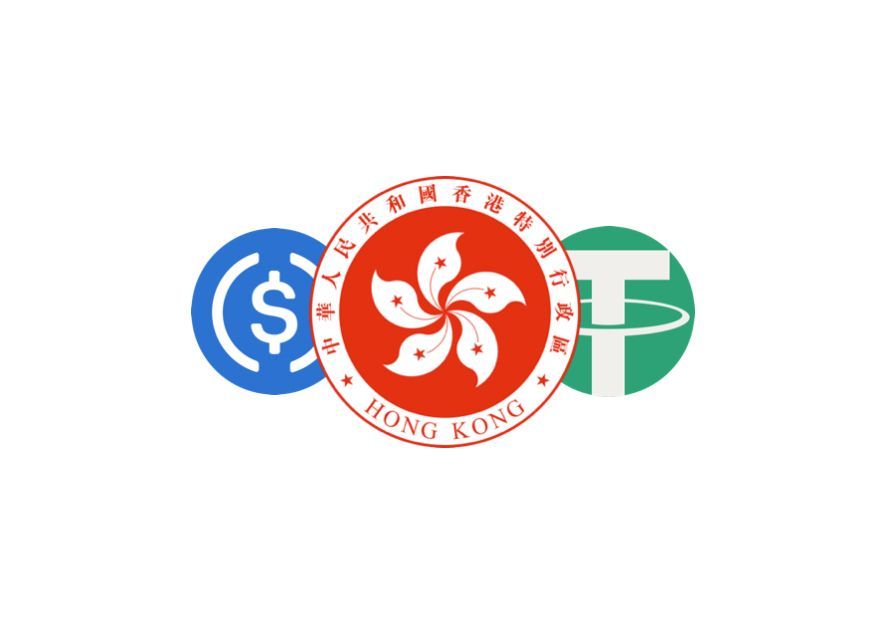
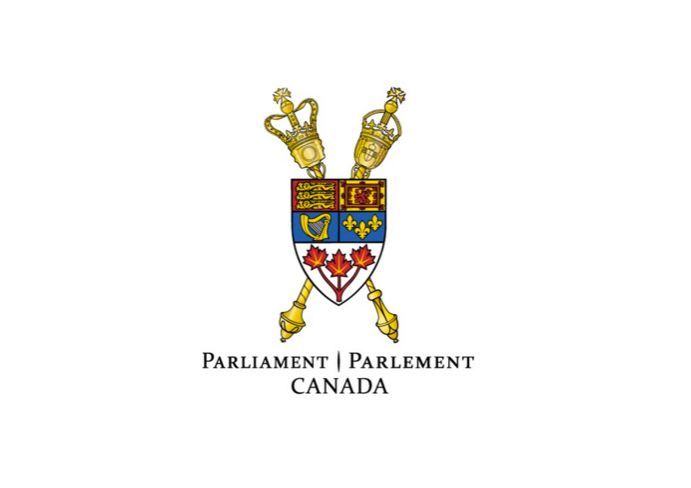
Disclaimer:
GlobalStablecoins.com is an informational website that provides news about coins, blockchain companies, blockchain products and blockchain events. Don’t take it as investment advice. Speak to an advisor before you risk investing in an ICO, Cryptocurrencies, Cryptoassets, Security Tokens, Utility Tokens, Exchange Tokens, Global Stablecoins, Stablecoins or eMoney Tokens. GlobalStablecoins.com is not accountable, directly or indirectly, for any damage or loss incurred, alleged or otherwise, in connection to the use or reliance of any content you read on the site.
Affiliate Disclosure / Sponsored Posts:
If a Sponsored Post contains any mention of a crypto project, we encourage our readers to conduct diligence prior to taking further action. GlobalStablecoins.com does not recommend that any cryptocurrency should be bought, sold, or held by you. Do conduct your own due diligence and consult your financial advisor before making any investment decisions.
GlobalStablecoins.com may receive compensation for affiliate links. Should you perform activities in relation to an affiliate link, it is understood that some form of compensation might be made to GlobalStablecoins.com. For example, if you click on an affiliate link, and sign up and trade on an exchange, GlobalStablecoins.com may receive compensation.
Before you invest in Cryptoassets you should be aware of the following,
Cryptoassets are considered very high risk, speculative investments.
If you invest in Cryptoassets you should be prepared to lose all your money.
All Sponsored Posts are paid for by crypto projects, coin foundations, advertising firms, PR firms, or other marketing agencies. GlobalStablecoins.com is not a subsidiary of any marketing agency, nor are we owned by any crypto or blockchain foundation.
The purpose of offering Sponsored Posts to our advertisers is to help fund the day-to-day business operations at GlobalStablecoins.com.
If you come across a Sponsored Post which you believe is fraudulent and/or “scammy,” please contact us and we will perform an immediate investigation.
All Rights Reserved | GlobalStablecoins.com
